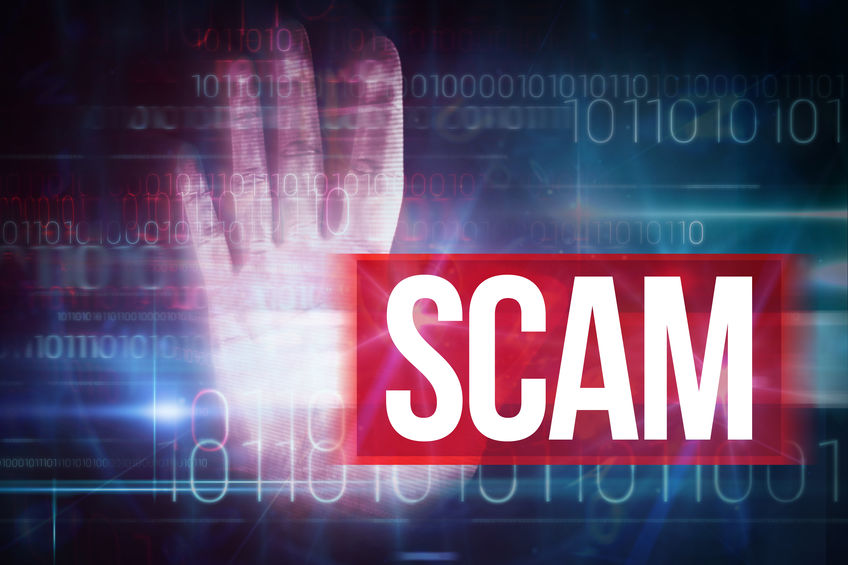Here we have a great list of tips on how to protect your website from hackers. Not only basic tips for website protection but also many advanced ones that will keep you safe. Check them out, and if you are still not using all of them, please consider adding them to your site’s protection.
Best tips on how to protect my website from hackers:
404 error detection. If somebody is scanning to find your login page, he or she can try many URLs combinations. You can block this person after a certain amount of 404 errors (page not found). That way, he or she will be stopped for a while. This is especially helpful if it is a bot. It might never return again.
Block anybody that fails to log in after several tries. Yes, it is possible that you or some of the other admins have forgotten the password, but there is a bigger chance that it is a brute force attack. There are bots who will try a big dictionary with combinations of usernames and passwords until they enter. Block them and everybody who tries “admin” as an username. And, please change it if you are using the admin as login.
Update everything you have. This could be a boring task if you haven’t activated the automatic update, but please do it. Most of the updates won’t bring you new features, but they could fix security holes from the past. A new patch could mean fewer worries for you, so update each component – CMS, plugins, extensions, etc.
Blacklist. Create your own with all the bad actors or use some of the blacklists that you can find publicly available. You can use them to block already known bad actors. There are different ways, plugins, GeoDNS, or another, but the idea is the same – a list of IP addresses that shows which devices should not be trusted.
If you want to learn more about how to protect your website from hackers, take a look at the following article about the DNSSEC!
File change detection. Use a plugin to get a notification if some of your files were changed. This is very important since it could be a PHP file, and they can get your login credentials. Also, imagine if they change a PDF that you are offering to your users and they get infected. This could be extremely bad for your reputation and business.
Disable directory browsing. You can stop the intruders from seeing the directory of your site with all the available folders and files. If they can see it, they can understand how it works better and attack it at a particular weak point. Close it with a plugin and be safe.
Limit the users’ uploads. First, it will be a lot safer if you don’t let users upload so many files. Depending on your site, this could be impossible, but at least limit the types of file and stop files that could be executive like PHP or other scripts. Any executive file could be malware waiting to be activated.
Use SSL certificate. Maybe we should stop giving this anti-hacking tip since most of the site owners already do it, but it is important to mention. The cryptographic certificate will be useful to encrypt the communication between the clients and the server. Encrypted messages, even stolen, won’t be readable, and this makes it an important item in your protection from hackers.
Strong passwords and 2FA verifications. Always use randomized passwords with numbers, symbols, and long lengths. Additionally, it is a very good practice to add another factor for authentication, like a mobile phone or a USB drive with a key. This will significantly protect your website from illegal logins.
Suggested article: How to protect yourself from a scam?
Conclusion
We hope that we brought new ideas for your site’s defense. Hackers are always trying to harm you, but you can resist them with a strong website’s protection.
